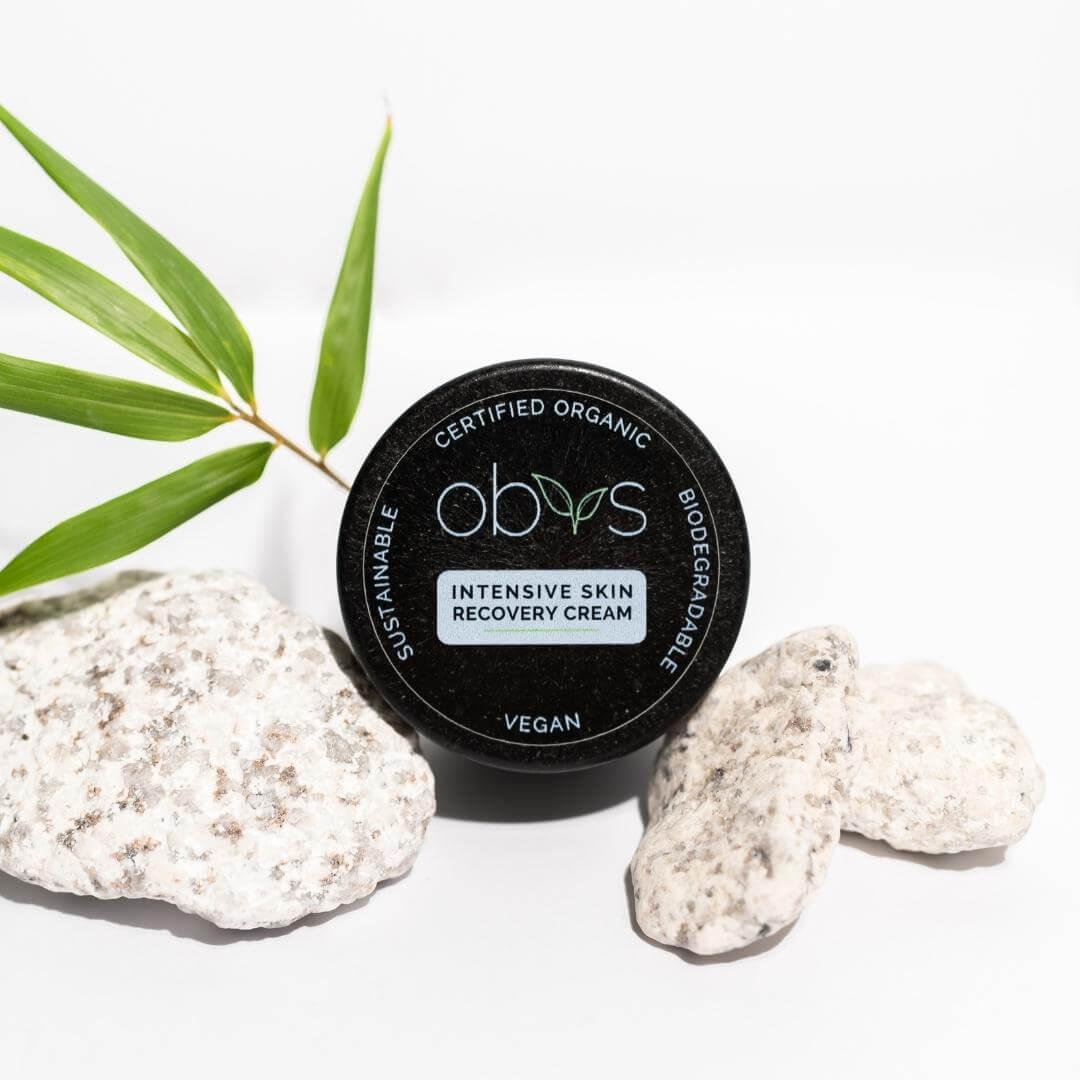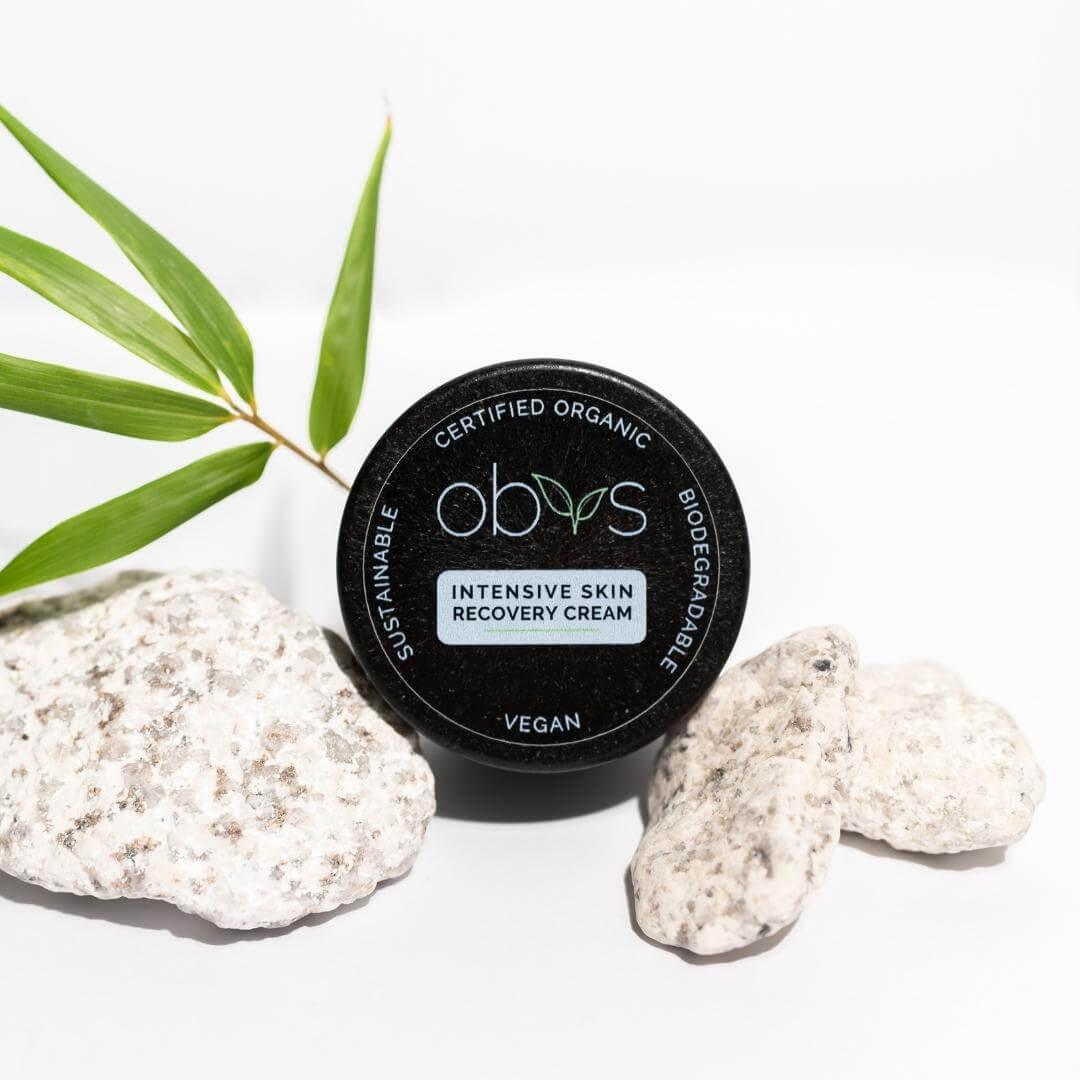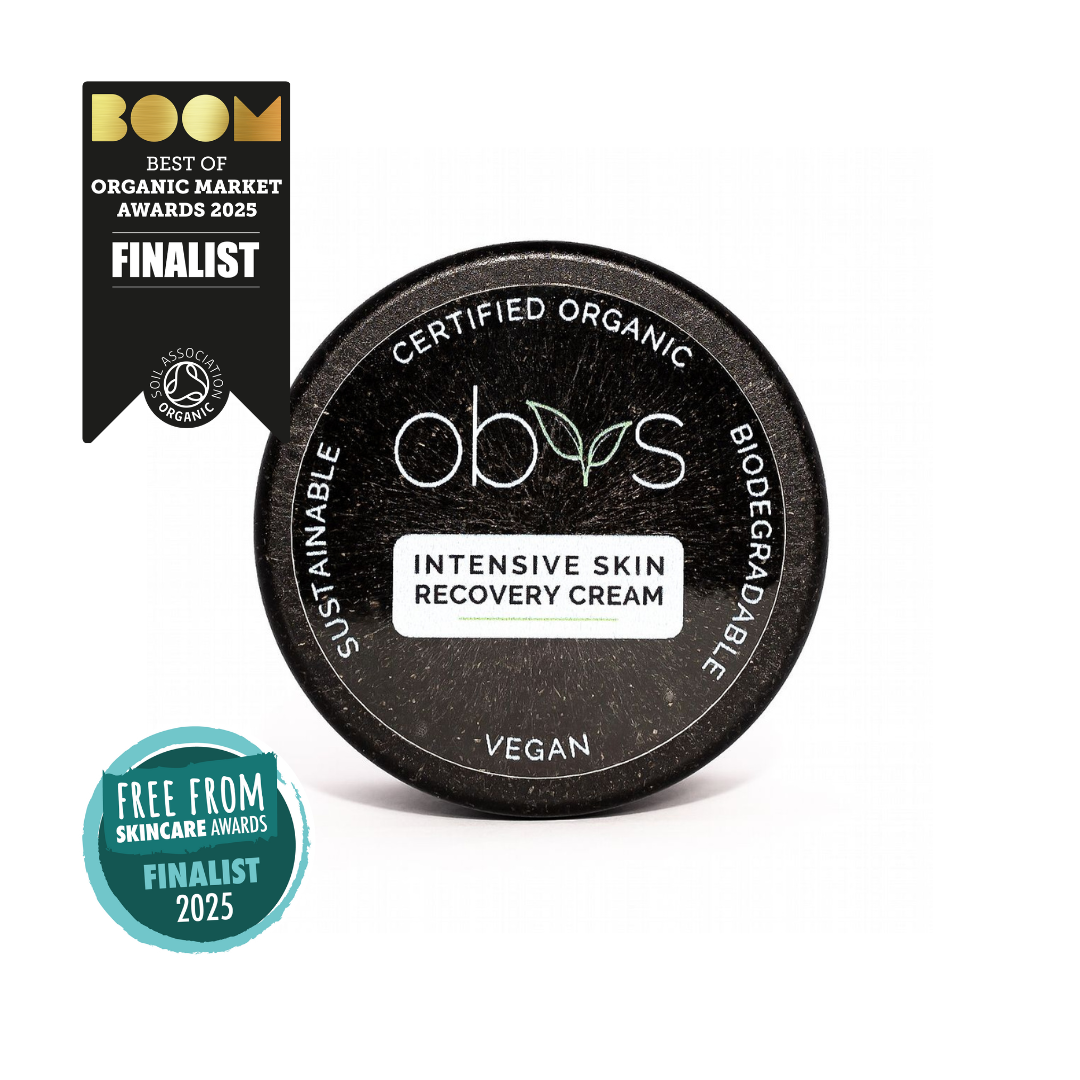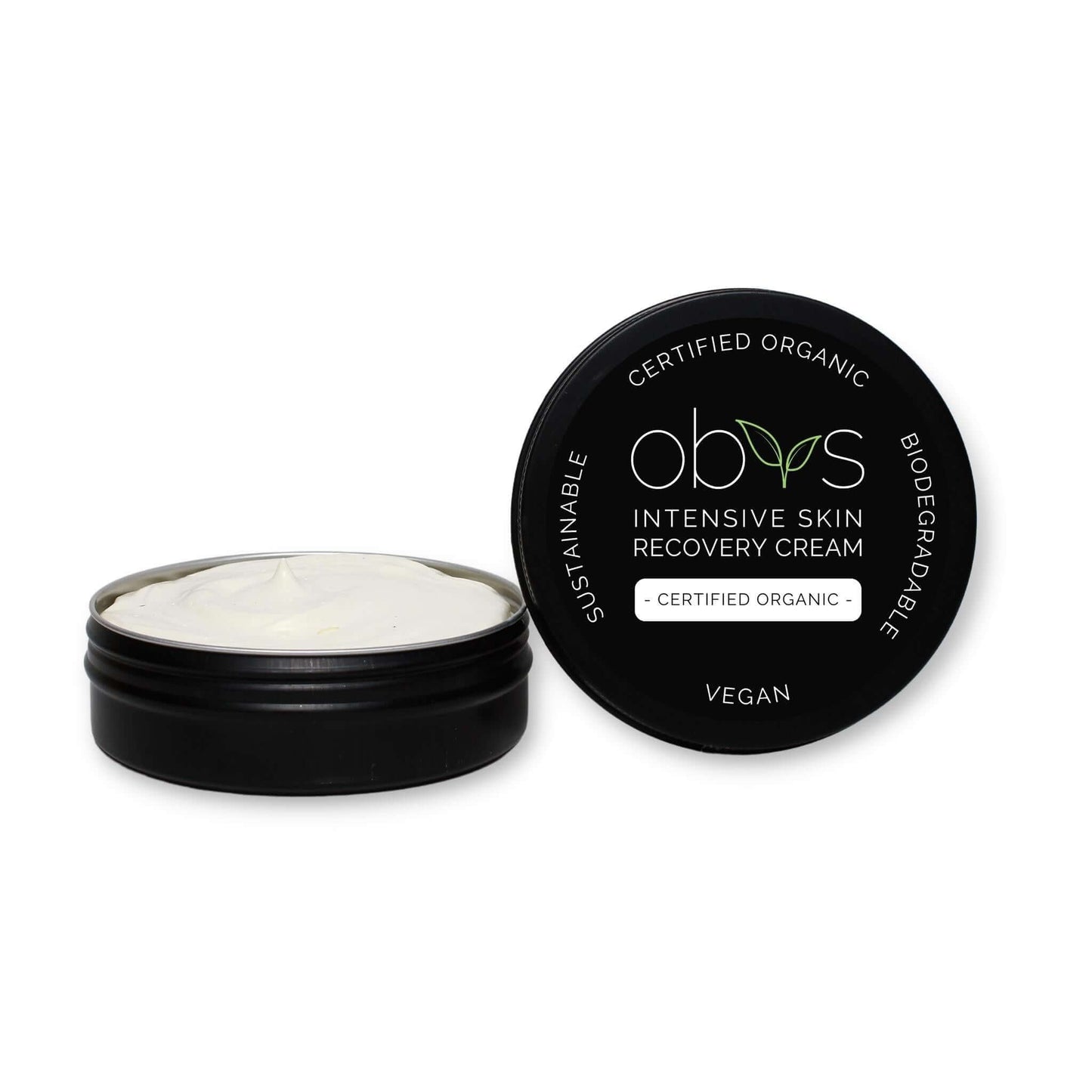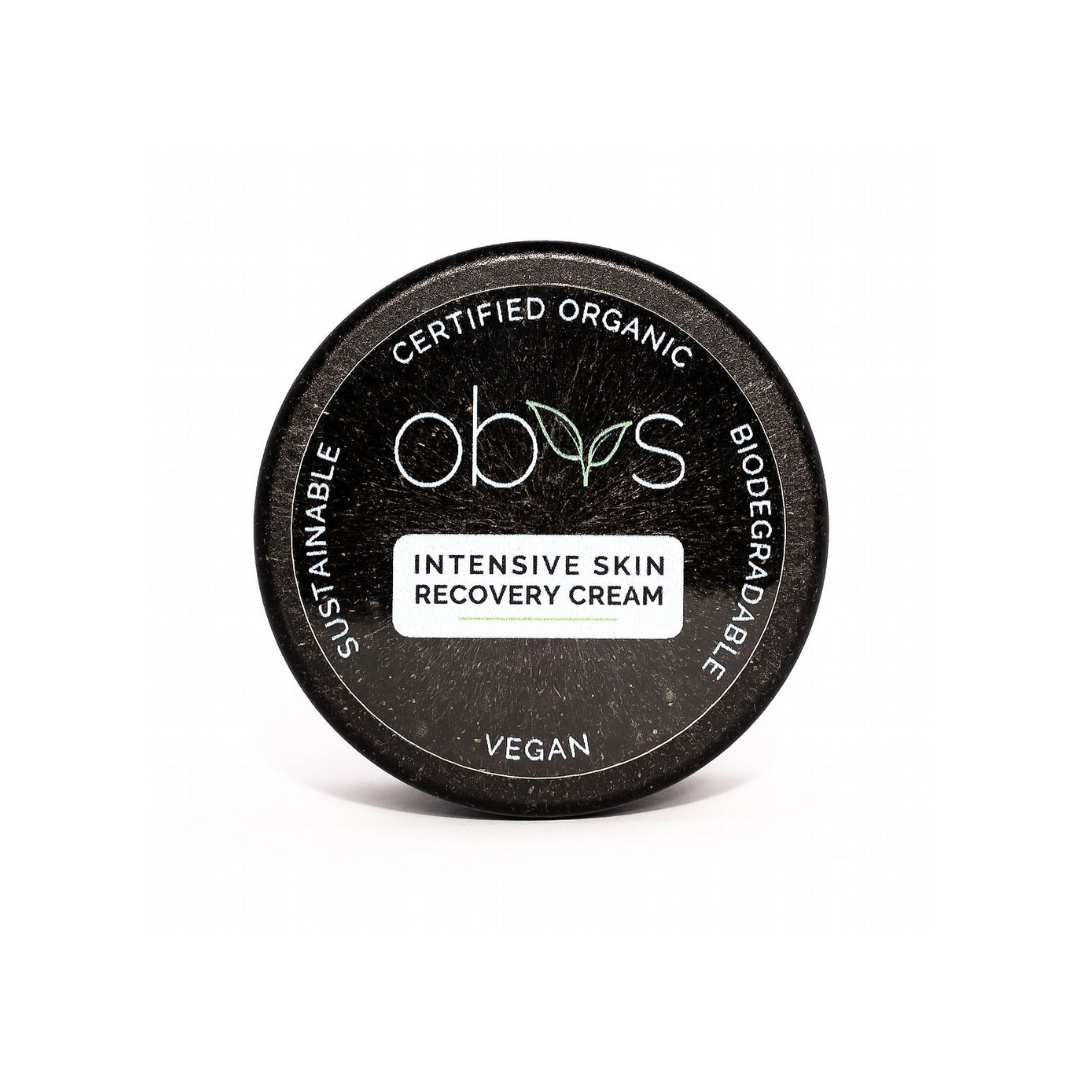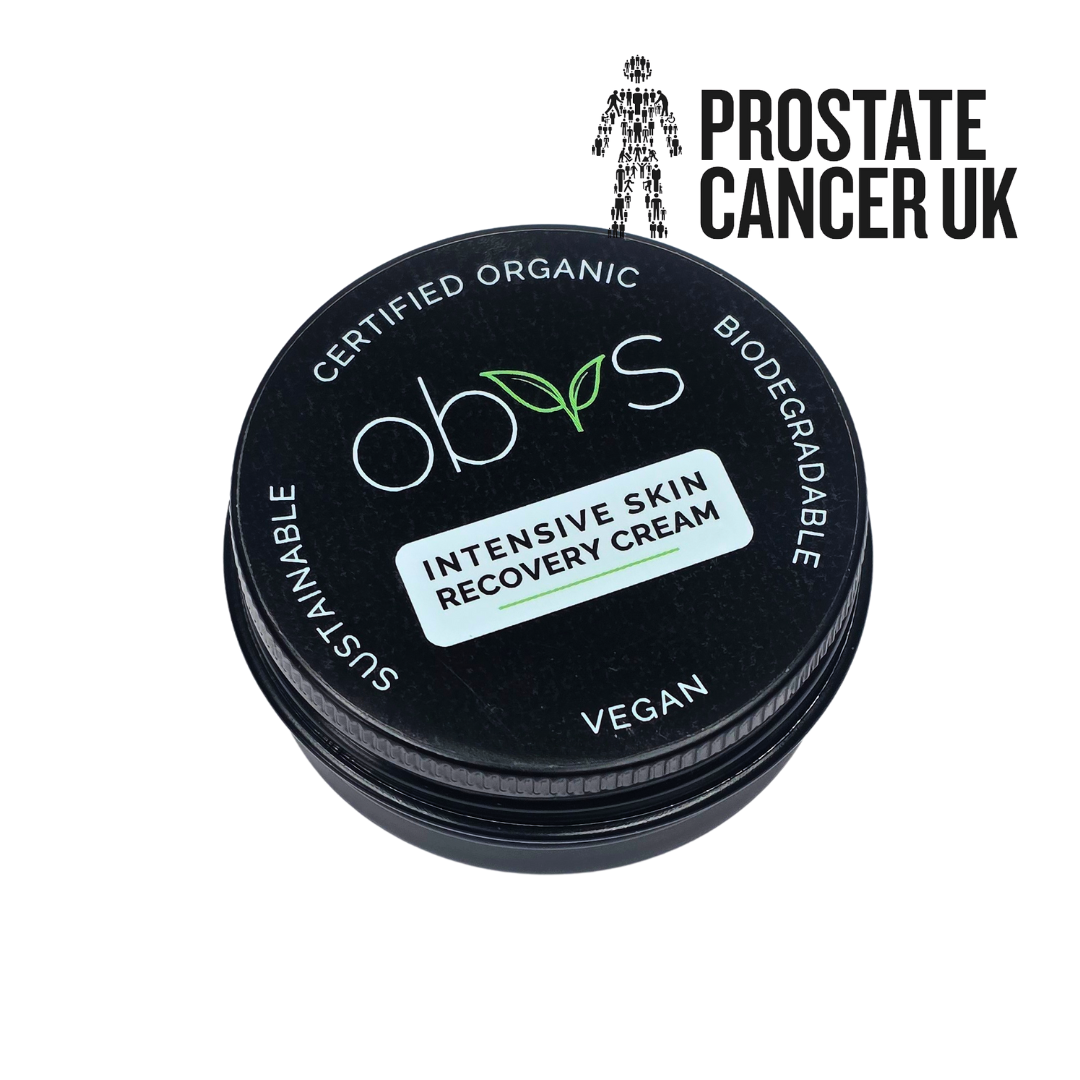
Unlocking Nature's Defence: Rose Essential Oil Activates Tomato Leaf Defence Genes
Share
In recent research, scientists have unearthed intriguing possibilities for organic agriculture: rose essential oil (REO) could emerge as a promising pesticide alternative, triggering the activation of defence genes in tomato plants.
When plants endure injuries, they release terpenoids to bolster their defences. Researchers from Tokyo University of Science, focusing on terpenoid-enriched essential oils (EOs), have delved into the potential of REO. Their investigations unveiled that REO not only kickstarts defence genes in tomato leaves but also attracts beneficial herbivores, safeguarding the plant against pests like the Spodoptera litura moth and Tetranychus urticae mites. These findings suggest REO applications could foster sustainable pest management in organic farming.
Terpenoids are abundant in plant EOs and are recognised for triggering insect-repellent responses, a phenomenon known as "eavesdropping." For instance, when soybean and komatsuna plants grow near mint, they bolster their defence properties, becoming resilient to herbivores. The volatile compounds released by the mint plant activate defence genes, providing protection against herbivore threats.
The pressing need for safer alternatives to conventional chemical pesticides, which often harm the environment and ecosystems, drives the quest for eco-friendly options. While EOs present themselves as viable alternatives, proven examples are scarce to meet the demand.
To address this gap, Professor Gen-ichiro Arimura and his team from Tokyo University of Science embarked on a study, assessing the efficacy of 11 EOs in activating tomato defence responses. Their research, published in the Journal of Agricultural and Food Chemistry on March 18, 2024, sheds light on the potential of REO as a potent biostimulant.
The team administered ethanol-diluted solutions of 11 different EOs to the soil of potted tomato plants, scrutinising gene expression within leaf tissue. The results were promising: REO significantly increased the transcript levels of PIR1 and PIN2, key genes involved in plant defence. Moreover, tomato plants treated with REO exhibited reduced leaf damage inflicted by moth larvae and mites. Field experiments corroborated these findings, showcasing a notable reduction in tomato pest damage compared to control solutions.
Professor Arimura elucidates, "REO, enriched with β-citronellol, a recognised insect repellent, proved highly effective. Its application not only minimised damage caused by moth larvae and mites but also attracted Phytoseiulus persimilis, a natural predator of spider mites." This dual functionality underscores the versatility of REO in organic pest management strategies.
In essence, this study underscores the potency of β-citronellol-enriched EO in activating defence genes in tomato leaves. Furthermore, it underscores REO's efficacy as a biostimulant for fortifying plant defences against pests, all while ensuring safety by avoiding phytotoxicity or toxic residue accumulation. Professor Arimura envisions this research paving the way for environmentally friendly and sustainable organic farming practices, ushering in a new era of potent natural pesticides.
And guess what? Obvs Skincare harnesses the power of organic rose oil in our Himalayan Rose Soaps. 🌹
#OrganicFarming #RoseEssentialOil #SustainableAgriculture #NaturalPestManagement #GreenThumb #TokyoUniversityOfScience #PlantDefence #EcoFriendlyFarming #ObvsSkincare #HimalayanRoseSoaps

